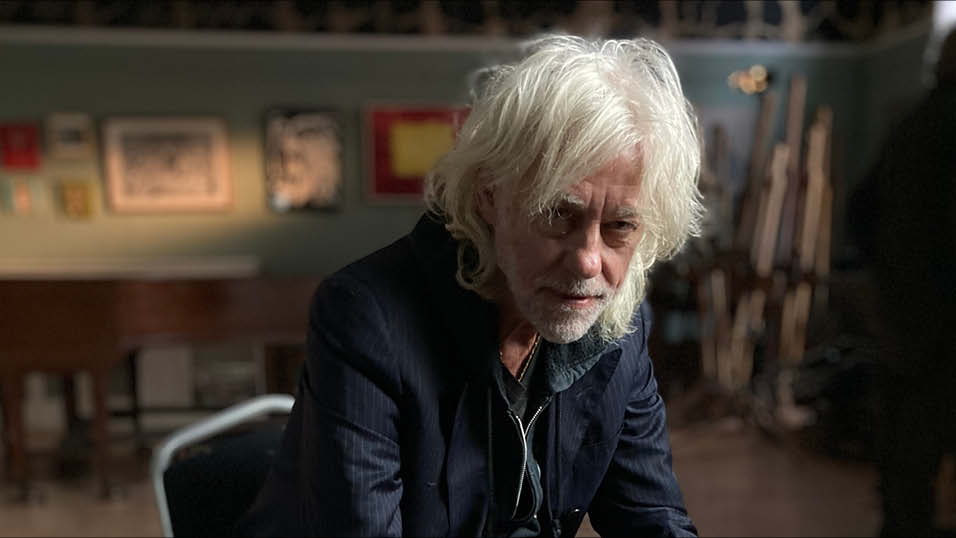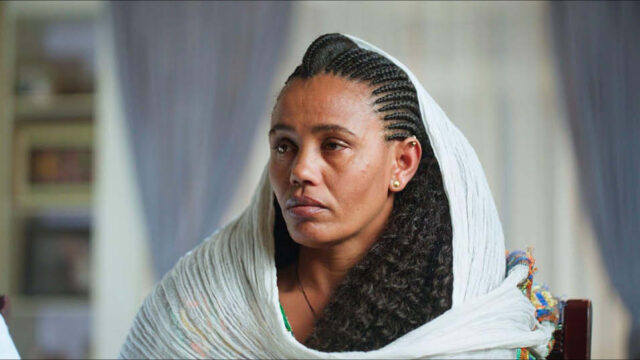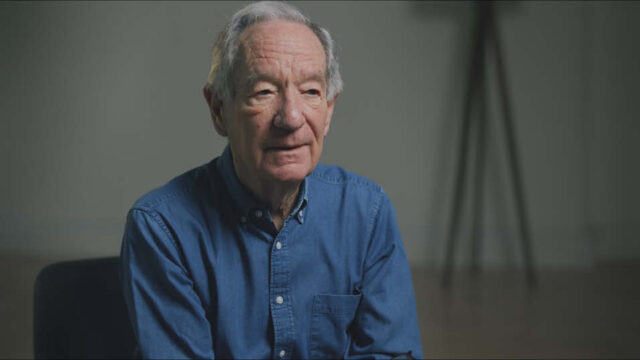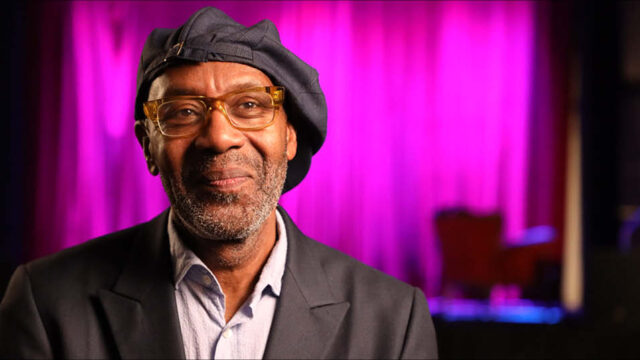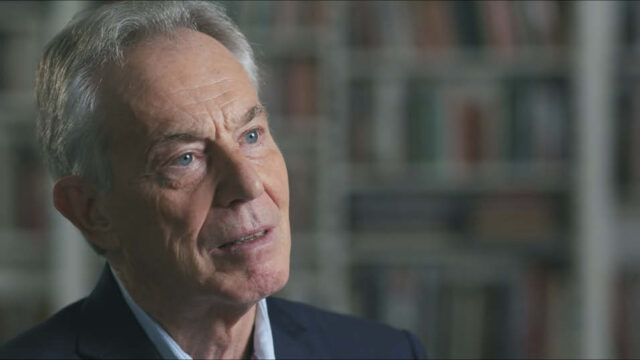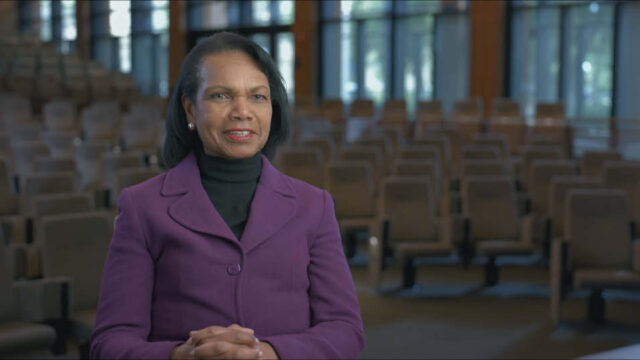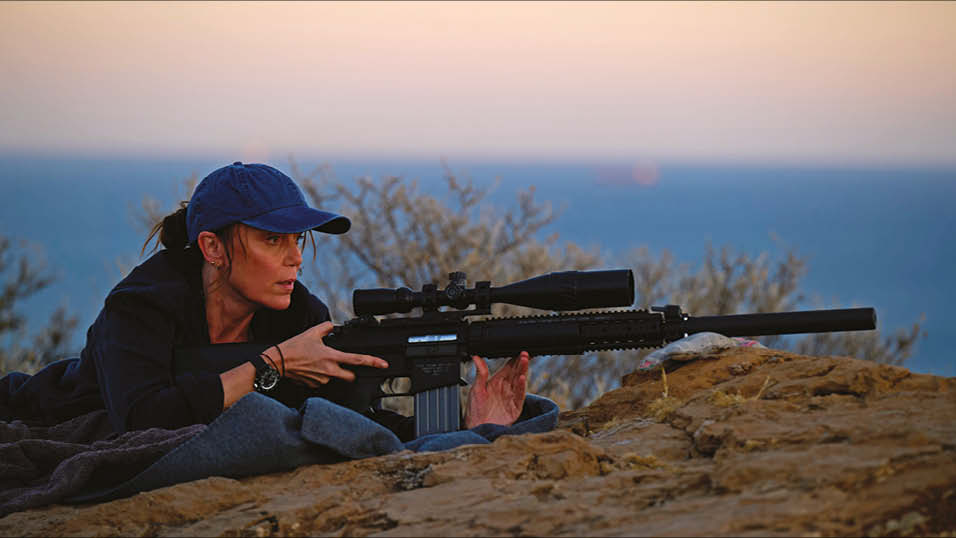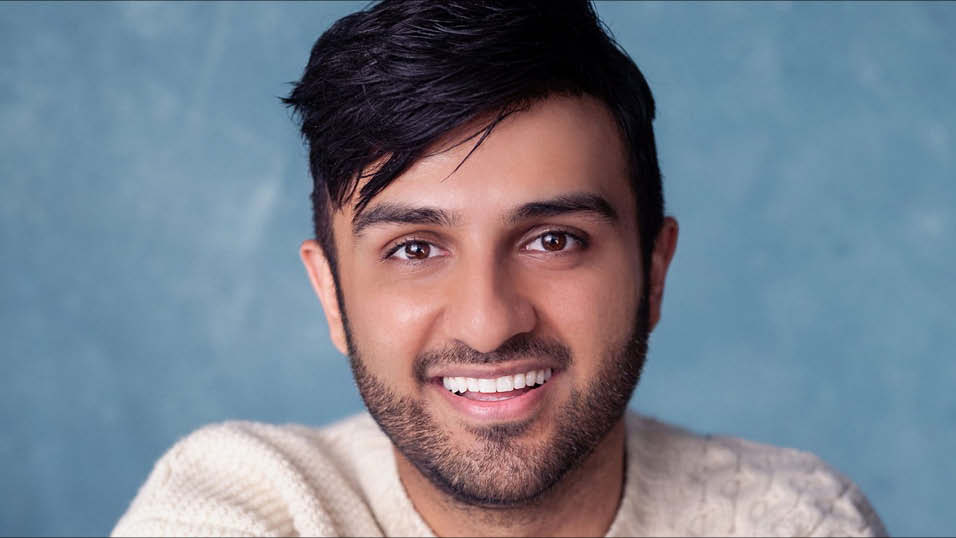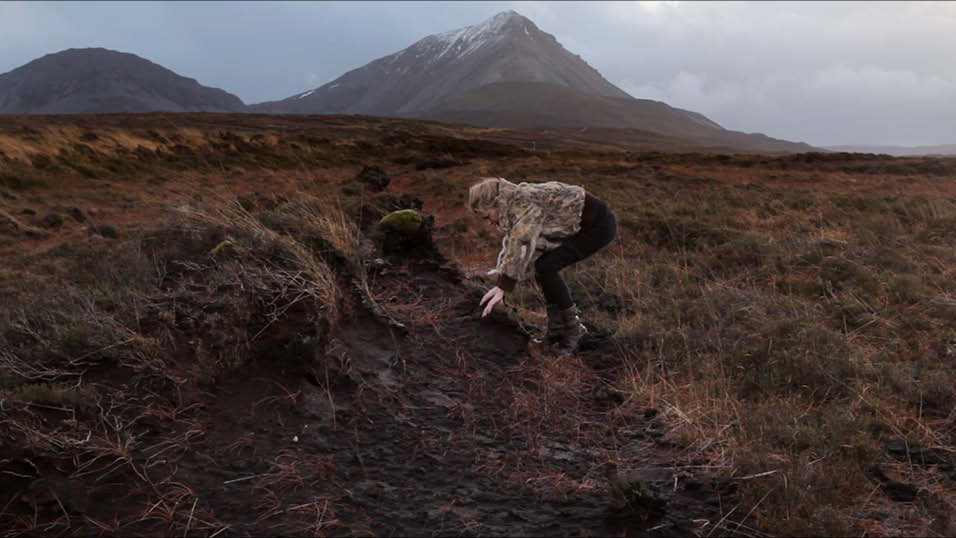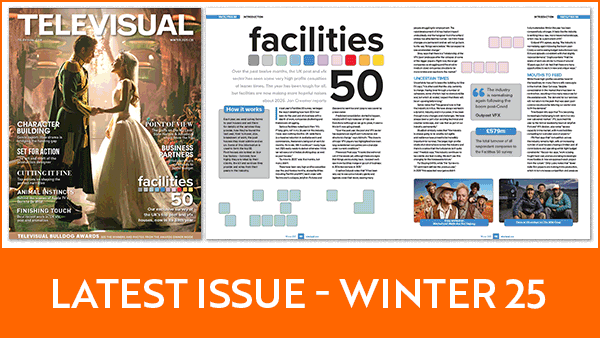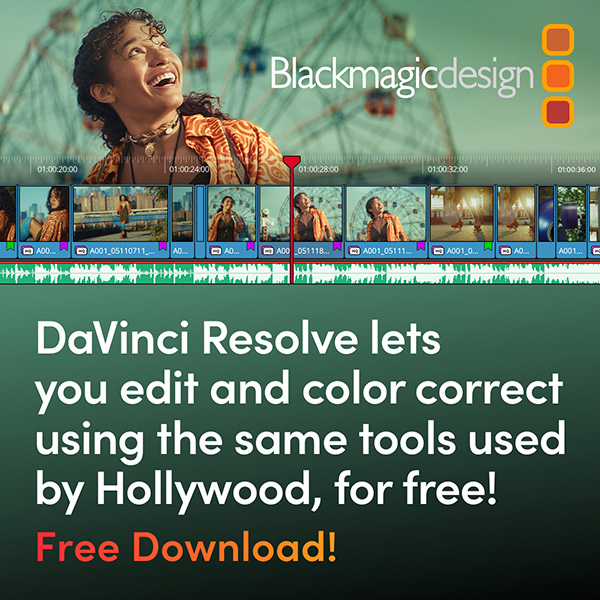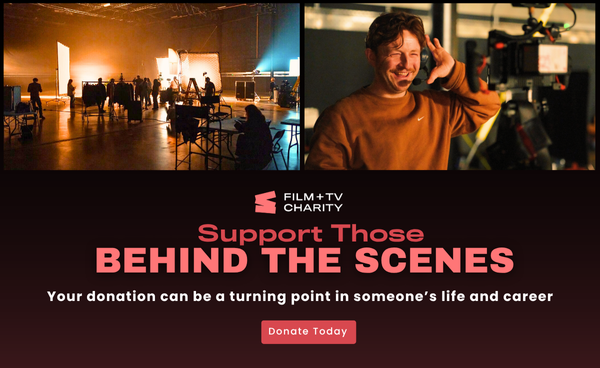Des Shaw, Talent Consultant on new BBC doc Live Aid at 40, explains how the three part series assembled its high profile contributors from musicians to politicians to those impacted by the devastating famine. The documentary made by Brook Lapping, a Zinc Media Company in association with Ronachan Films, marks the 40th anniversary of the iconic Band Aid single and global concert.
Live Aid, one of the most iconic cultural milestones of the 1980s, has captivated those who were directly involved on the day, as well as those part of the groundbreaking television and radio broadcast. For many who lived through it, the memories of the event are vivid, with people from that generation able to recall exactly where they were and what they felt. For younger generations, the fascination lies in how pop music could have such a massive, lasting impact, especially in an era where much of today’s music is more transient.
For those involved, Live Aid was a life-changing experience. So, when the opportunity arose to revisit the events of 40 years ago, many were eager to participate in this anniversary special, which also explored the continuation of the Live Aid legacy through Live 8 in 2005. For artists such as Bono, Sting, Phil Collins, and Patti LaBelle, Live Aid was the first step in their lifelong mission to use the power of music to drive social change. When they were invited to contribute to this special, they were keen to be involved.
Brook Lapping, well-known and trusted for its reputation in creating impactful and insightful documentaries, proved a strong advantage in attracting high-profile contributors. Many of these figures already had relationships with the team from previous productions or trusted them to provide a balanced perspective on the impact of Live Aid.
However, as these individuals are still deeply immersed in their own pursuits, getting a “yes” was just the beginning – finding the right time and place to film was a challenge. As series director Tom Pollard put it: “We needed a lot of patience – and flexibility. These people don’t see this as part of their everyday jobs. They’re busy with their own work, so finding time for them to ‘put up with our imposition’ takes a lot of effort and plenty of ‘diary juggling.’” Despite these logistical hurdles, the production team, experienced and skilled in handling complex shoots, made the process seamless. Once the cameras rolled, the contributions were fascinating. The participants, part of a powerful nexus of music and activism, reflected on the important conversations that Live Aid sparked about global poverty and the power of individuals to make a difference – conversations that continue to resonate today.
But this series is not simply a celebration of Live Aid. It’s not a puff piece for Bob Geldof. As with all Brook Lapping documentaries, we aimed to address the complexities of the subject matter. This included confronting the criticisms that have been directed at Live Aid, notably the accusations of ‘white saviourism’. While acknowledging the good that was achieved, it was equally important to tackle these issues head-on – asking difficult questions about the motives behind the concert, its impact, and the way it was perceived, especially in terms of representation. Did Live Aid, for all its success, unintentionally reinforce the power dynamics it aimed to challenge? These are the kinds of questions we needed to explore to offer a balanced and honest portrayal of the event’s legacy.
A special bond exists between many of the organisers and performers; all of whom recognise they were part of something extraordinary. When they learned that the original founders, Bob Geldof and Midge Ure, were on board, it gave them the assurance to join the project. As each interview session was completed and more high-profile figures joined the roster, it created a snowball effect, encouraging others to participate. The same principle applied to politicians. Securing the participation of world leaders like George W. Bush and Tony Blair was largely due to the established reputation of the production team, renowned for telling compelling stories with integrity.
This reputation also proved invaluable in directly approaching artists and politicians. Many contributors were comfortable filming in their homes, trusting the crew and process, which made logistics far easier than trying to secure a separate venue that would fit both the director’s vision and the budget. Additionally, long-standing relationships with many of the key figures – dating back to the original Band Aid event in 1984, Live Aid in 1985, and Live 8 in 2005 – helped smooth over any potential obstacles. This foundation was key in ensuring a complete and balanced narrative was told.
When watching the series, the tangible impact of Live Aid remains palpable. Even 40 years later, some members of the production team and performers visibly become emotional when recalling what was achieved that day and why they committed so much to the cause. In an age of instant access to information and constant media streams, it’s hard to grasp just how incredible the technical achievement of Live Aid was – using the cutting-edge satellite technology of the time to bring the world together in ways never before seen.
For some, like the members of the Band Aid Trust, the work initiated in 1984 continues long after this series has aired. It’s vital that the series honours the ongoing global impact of Live Aid, from raising awareness and funds for famine relief to inspiring a new era of large-scale, music-based charitable events.
Live Aid at 40 is Executive Produced by Tanya Shaw and Norma Percy, Series Produced by Angus Macqueen, and Directed by Tom Pollard, the series comprises of 3×60 on BBC Two and iPlayer and 4×44 on CNN. Commissioned by Jack Bootle, Head of Commissioning, Specialist Factual and Commissioning Editor is Emma Hindley for the BBC. The series is executive produced by Amy Entelis and Lyle Gamm for CNN Originals.
Live Aid the Concert (w/t) is produced by Zinc Media. The Executive Producer is Tanya Shaw. The producer is Jill Sinclair. The Head of Popular Music TV is Jonathan Rothery. The Commissioning Editor for BBC Popular Music TV is Rachel Davies.
Jon Creamer
Share this story




